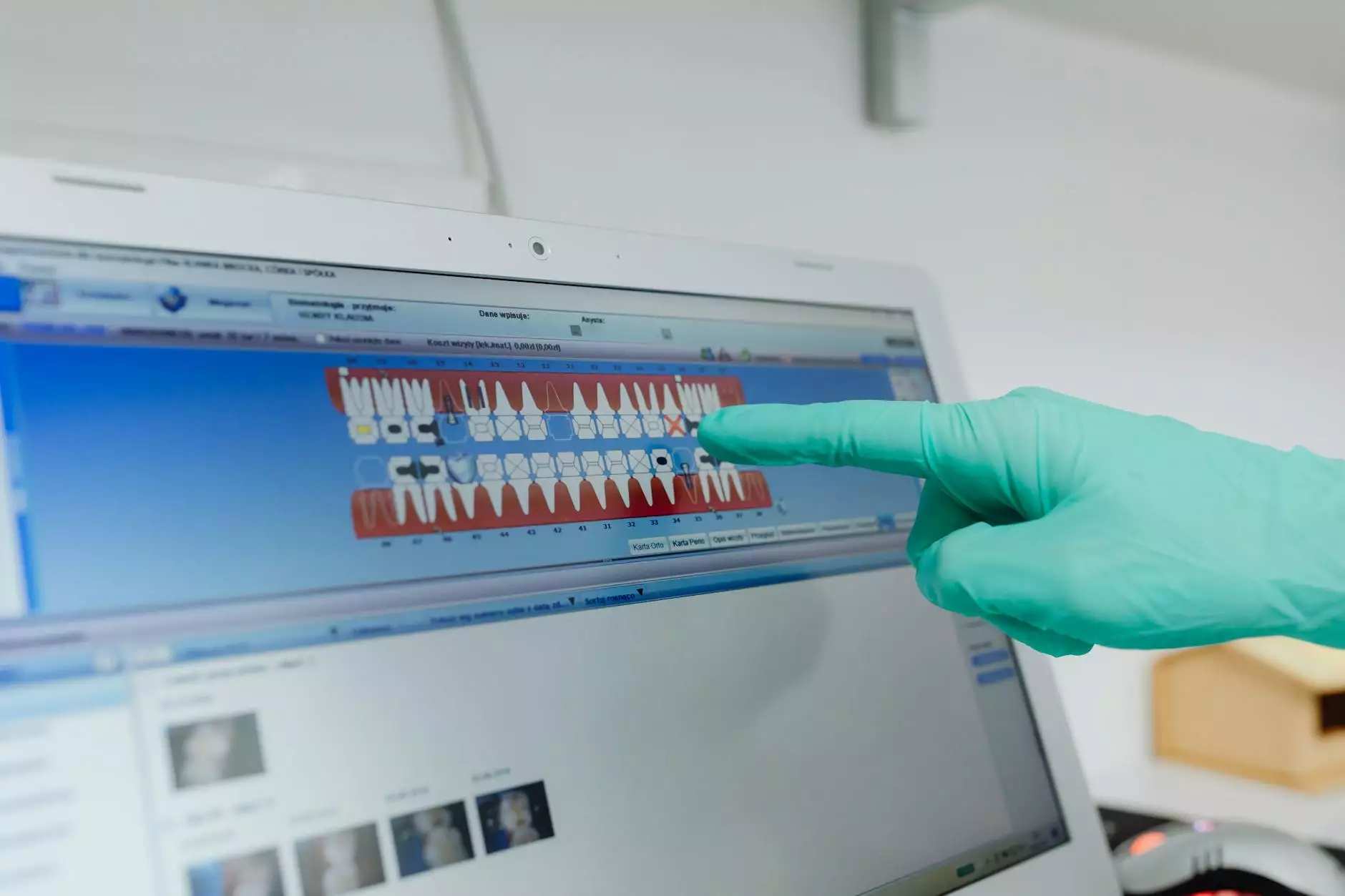Understanding MRI Services: A Comprehensive Guide
Magnetic Resonance Imaging or MRI service has revolutionized the field of diagnostics in healthcare. This advanced imaging technique allows medical professionals to visualize the internal structures of the body without the need for surgery. In this article, we explore the significance, functionality, and numerous benefits of MRI services, shedding light on their critical role in modern medicine.
The Importance of MRI Services in Healthcare
MRI services play a crucial role in the diagnosis and treatment of various medical conditions. Their importance can be highlighted through the following points:
- Non-invasive Imaging: MRI is a non-invasive imaging technique that does not involve ionizing radiation, making it safer compared to X-rays and CT scans.
- High-Quality Images: MRI provides exceptionally detailed images of soft tissues, organs, and structures within the body, which is essential for accurate diagnosis.
- Versatility: It can be used in various medical fields, including neurology, oncology, cardiology, and musculoskeletal disorders.
- Early Detection: MRI services often lead to early detection of conditions such as tumors, brain disorders, and joint abnormalities.
How MRI Services Work
Understanding how MRI works is key to appreciating its advantages. Here’s a simplified explanation of the process:
- Magnetic Fields: MRI machines use powerful magnets to create a strong magnetic field around the patient.
- Radio Waves: Radiofrequency pulses are then sent through the body, causing the hydrogen atoms in the tissues to emit signals.
- Image Formation: These signals are captured by the MRI machine and processed to form detailed images of the inside of the body.
Benefits of Utilizing MRI Services
The benefits of MRI services are extensive, impacting both healthcare providers and patients. Some of the remarkable benefits include:
1. Enhanced Diagnostic Accuracy
MRI's ability to provide high-resolution images allows for improved diagnostic precision. Conditions that may be difficult to see on other imaging techniques can be identified promptly and accurately.
2. Personalized Treatment Plans
With detailed imaging, physicians can better understand the patient's condition, leading to more tailored and effective treatment strategies. This can significantly improve patient outcomes.
3. Monitoring Treatment Progress
MRI services are invaluable for monitoring how well a treatment is working. For instance, after surgery or therapy for tumors, follow-up MRIs can assess healing and recovery.
4. Minimal Preparation Required
Unlike some other imaging techniques, MRI typically requires little preparation. Most patients can resume normal activities immediately after the procedure.
Types of MRI Services
Various types of MRI services cater to different diagnostic needs. Below are the most common types of MRI:
- Functional MRI (fMRI): Measures and maps the brain's activity by detecting changes associated with blood flow.
- Magnetic Resonance Angiography (MRA): Used to image blood vessels and assess conditions like aneurysms and blockages.
- Diffusion Tensor Imaging (DTI): Visualizes the white matter pathways in the brain, which is especially useful in neurological assessments.
- Pediatric MRI: Specialized MRI services tailored for children, considering their unique physiological needs.
Preparing for Your MRI Service
Proper preparation can enhance your MRI experience. Here are some tips on how to prepare:
- Consult Your Doctor: Discuss any allergies or medical conditions that may affect the MRI.
- Remove Metal Items: Metal objects can interfere with the magnetic field, so it's essential to remove jewelry, glasses, and any electronic devices.
- Wear Comfortable Clothing: Loose-fitting clothing without metal fasteners is recommended for your comfort.
- Follow Dietary Instructions: For certain types of MRI, your doctor might advise you to avoid food or drink beforehand.
Safety Considerations for MRI Services
While MRI is generally regarded as a safe procedure, there are important safety considerations to be aware of:
- Metal in the Body: Patients with certain implants (such as pacemakers or cochlear implants) should inform their physician, as these can be affected by the MRI's magnetic field.
- Pregnancy: While MRI is considered safe during pregnancy, it is always best to consult with a healthcare professional.
- Claustrophobia: Some patients may feel anxious in the confined space of the MRI machine; discussing this with the technician can help in managing anxiety.
Choosing the Right MRI Service Provider
Selecting an appropriate facility for your MRI service is paramount for ensuring a comprehensive and comfortable experience. Consider the following factors:
1. Accreditation and Certification
Look for facilities accredited by recognized organizations (such as the American College of Radiology) ensuring they meet stringent quality standards.
2. Equipment Quality
Facilities equipped with the latest MRI technology offer better imaging capabilities and often provide a more comfortable patient experience.
3. Professional Expertise
Ensure that the facility has qualified radiologists and technicians with experience in performing and interpreting MRI scans.
4. Patient Comfort
A patient-centered facility will prioritize comfort, providing amenities like spacious waiting areas and relaxation techniques to reduce anxiety.
Conclusion
In conclusion, MRI services are a vital component of modern healthcare, offering non-invasive, accurate, and detailed imaging that enhances diagnostic workflows. As technology advances, the capabilities and applications of MRI will only continue to expand, further solidifying its role as an indispensable tool in medicine.
For those searching for reliable and efficient MRI services, Echo Magnet Services stands out with a commitment to excellence, patient safety, and state-of-the-art technology, ensuring that you receive the best possible care.

